District Encourages Kings Bay Area Residents to “Know Where It Flows”
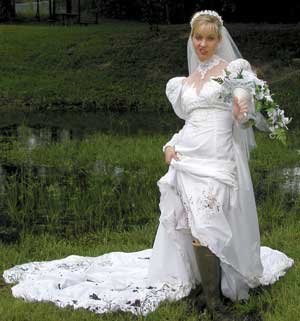
In October, the District launched a comprehensive education program, “Know Where It Flows,” to enhance the District’s ongoing efforts to improve the water qual

In October, the District launched a comprehensive education program, “Know Where It Flows,” to enhance the District’s ongoing efforts to improve the water qual
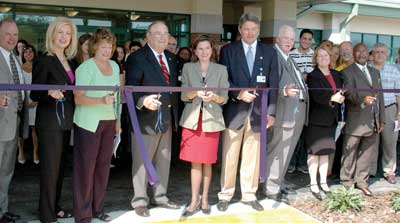
It’s official. District employees in Tampa now have a new home.
Fellow scientists are calling Martin Kelly’s Florida “River Flow Patterns and the Atlantic Multidecadal Oscillation” study one of the more important contributions to hydrologic science in Florida, and perhaps elsewhere, in the past several decades.
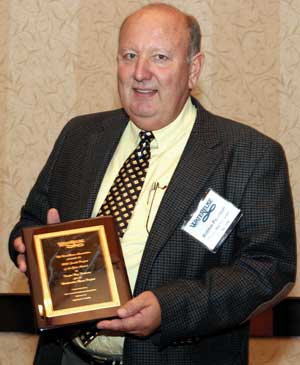
An innovative project in Hillsborough County could lead to a water reuse revolution!
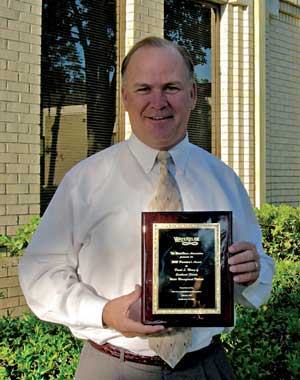
The WateReuse Association recently honored District Executive Director David Moore with the President’s Award for his outstanding leadership in the development and advocacy

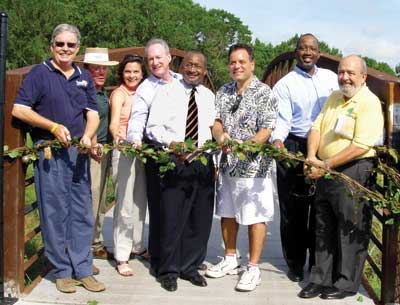
Dozens of Lealman residents

The water conservation mobile restroom station is expanding the District’s message this spring by featuring its Florida−friendly landscaping campaign.
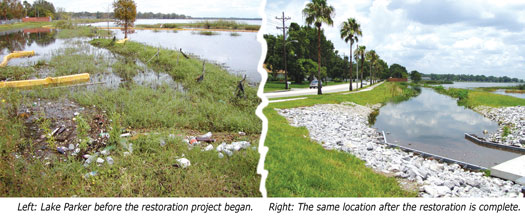
The City of Lakeland and the District have taken significant steps toward improving the water quality in Lake Parker.
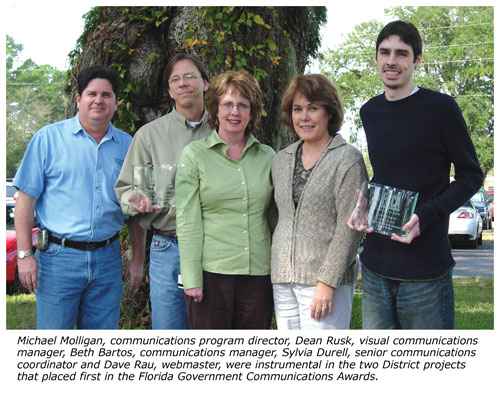
Two District communication projects have taken top honors at this year’s Florida Government Communicators Association (FGCA) Awards Banquet.